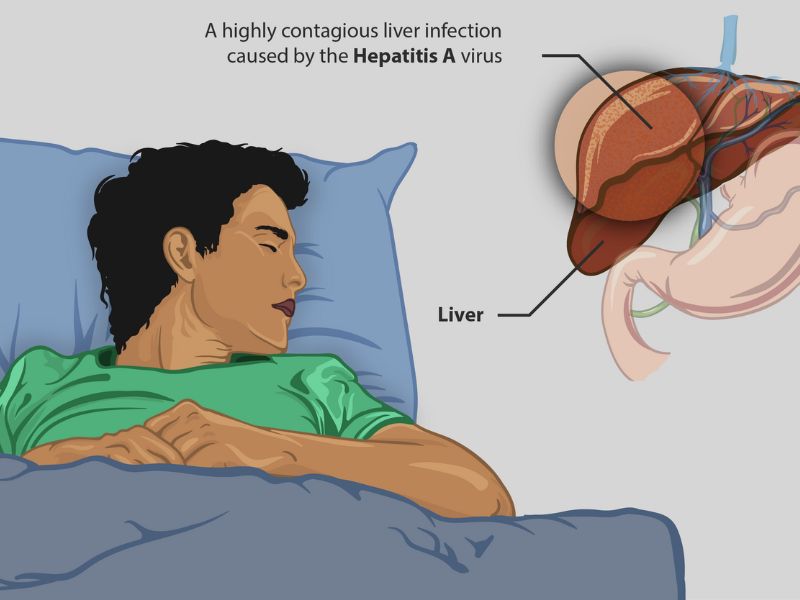An ongoing hepatitis A outbreak connected to frozen strawberries and berry blends sold at major retailers has led to a voluntary recall, according to the FDA. It is not the first strawberries that have triggered such recalls, with previous outbreaks in California involving fresh and frozen strawberries. However, hepatitis A contamination is not limited to strawberries alone. Here’s what you need to know about other high-risk foods and how to protect yourself.

Image Credit: Pexels/Pixabay
Which Foods Are At The Highest Risk Of Hepatitis A Contamination?
According to Dr. Victor Chen from Johns Hopkins University School of Medicine, hepatitis A can contaminate any food. However, certain foods, such as raw vegetables (including salads), fruit, shellfish, ice, and water, are more frequently affected. Contamination usually occurs when food is handled by someone exposed to the virus or when it comes into contact with dirty water. While hepatitis A outbreaks are uncommon in the U.S., there have been past incidents involving raw scallops, frozen tuna, conventional blackberries, and pomegranate seeds since 2011.
Hepatitis A Virus: Methods Of Infection In Humans
Hepatitis A is mainly spread through contaminated food or water, known as the fecal-oral route. It can also be contracted by not washing hands before eating, after touching contaminated objects, or through oral-anal sexual activity. Inadequate sanitation and poor personal hygiene increase the risk of transmission.

Image Credit: https___www.myupchar.com_en-CC-BY-SA-4.0-via-Wikimedia-Commons
Signs And Symptoms Of Hepatitis A Infection
Hepatitis A symptoms include nausea, diarrhea, loss of appetite, fever, and fatigue. Rare but serious complications can occur, especially in older individuals with underlying health conditions. Symptoms may take up to two weeks to appear, allowing for asymptomatic transmission. A blood test can confirm the infection—good news: 85% recover within three months with no complications. The infection leads to lifelong immunity through antibody development.